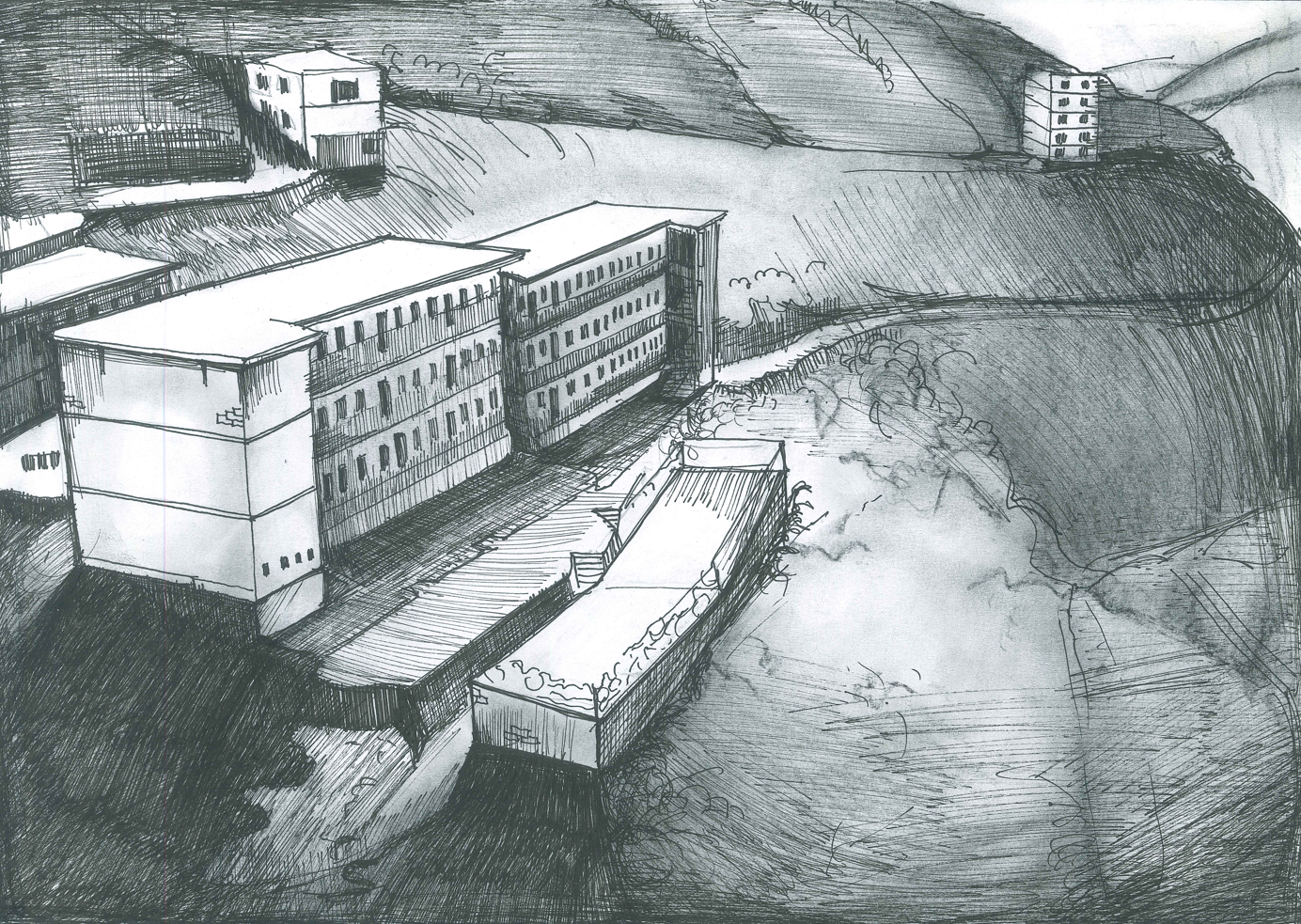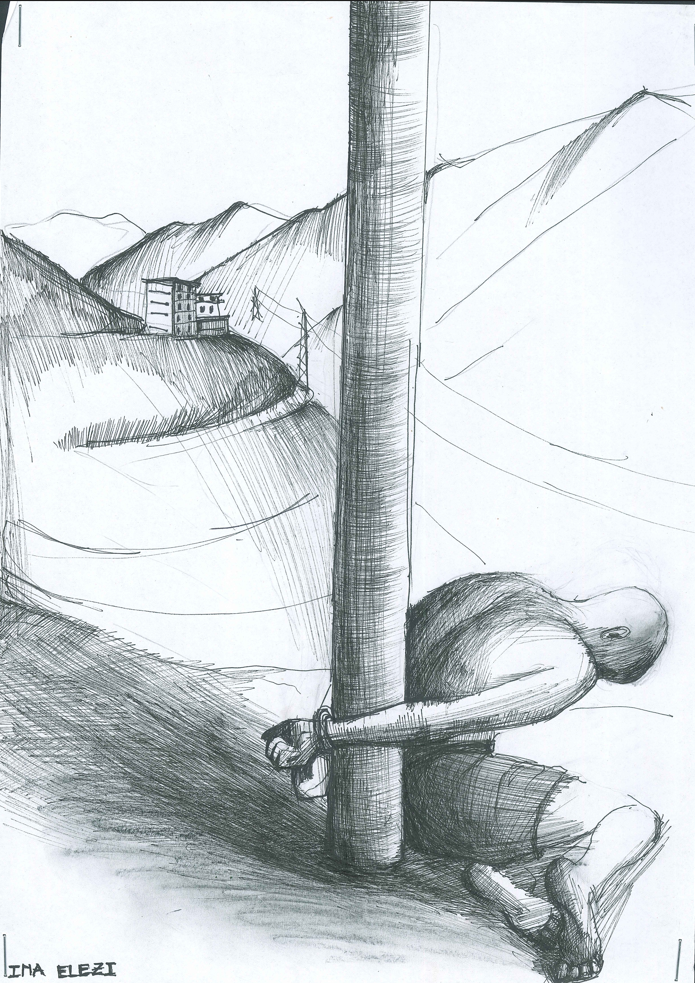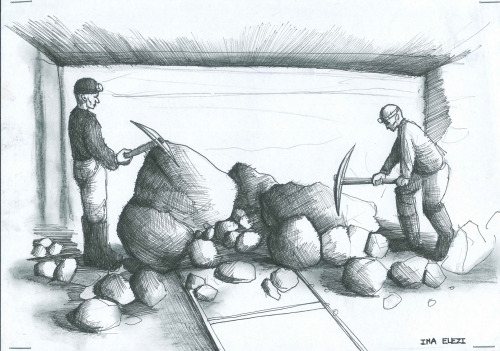

At Spaç Camp there was a store, a 4x4m building near the smith’s. Prisoners, referring to the seller’s name, called it Ndue’s store. The store was state-owned and the seller was a free man who came to the camp every day. In ShkëlqimAbazi’s testimony, it is indicated that “…in Spaç’s Revolt, political prisoners undertook not to touch the store, even if people would be starving. They guarded it to make sure nobody attacked it. So, it wasn’t touched.”
The store often sold food products like sugar, flour, rice, oil. There were also some stationeries, like pencils, pens, notebooks, envelopes, etc.
But how did prisoners buy when physical money was prohibited in camp? ShkëlqimAbazi explains in his testimony: “We had no money in the physical sense. We had imaginary money if we can call it that. Our money existed in the accountant’s office, who marked the money prisoners earned by work or those their families brought. Until 1972, the law in force dictated that no matter how much you worked, the most you can earn is 18 leks. The accountant noted the income collected for each prisoner. Before going to the store you placed the order at the accountant: e.g., he would order 1 kg of sugar, oil, pasta, for which he would get a coupon. He’d open the records and check: Shkëlqim has, let’s say, 1,000 leks. Deduct 500 leks, and 500 leks remain. If the balance didn’t match, you didn’t get a coupon. This was the money we used: the coupon.”



